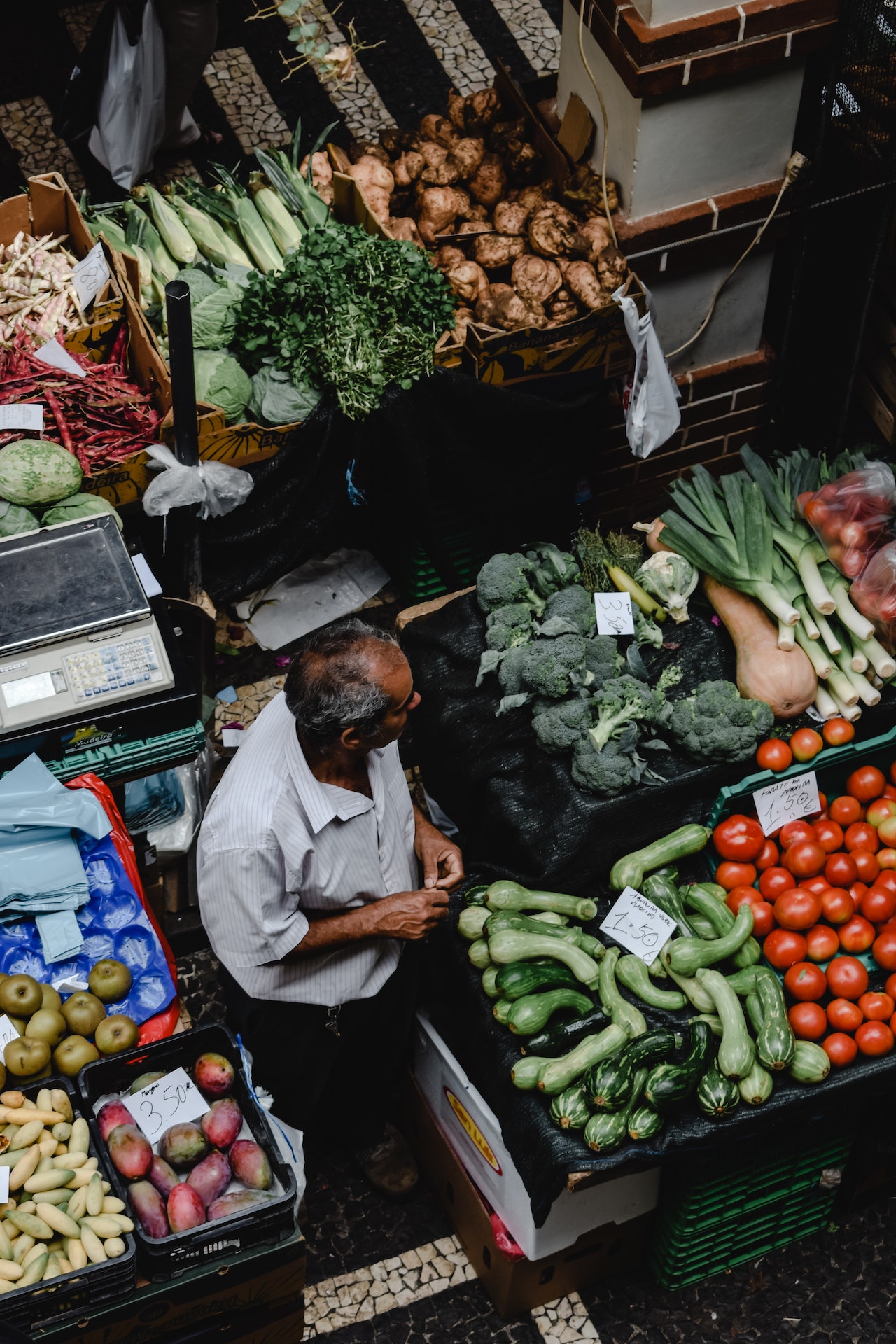Business and Economy
PH inflation slows to 2.8% in January, lowest since Oct. 2020

Core inflation, which excludes volatile oil and food items, also decelerated to 3.8 percent from 4.4 percent in December 2023. (Pexels Photo)
MANILA – The country’s headline inflation in January this year further eased to 2.8 percent, its lowest level since October 2020, the Philippine Statistics Authority (PSA) reported on Tuesday.
In a briefing, PSA Undersecretary and National Statistician Dennis Mapa said last month’s headline inflation was also down from the 3.9 percent in December last year.
It was also down from the 8.7 percent in January 2023 and the lowest recorded since the 2.3 percent in October 2020.
Core inflation, which excludes volatile oil and food items, also decelerated to 3.8 percent from 4.4 percent in December 2023.
“The downtrend in the overall inflation in January 2024 was primarily brought about by the slower annual increment of food and non-alcoholic beverages at 3.5 percent in January 2024 from 5.4 percent in the previous month,” Mapa said.
Food inflation eased to 3.3 percent in January from 5.5 percent in December last year.
The deceleration was due to the decrease in the prices of corn (-4.3 percent from -3.5 percent), oils and fats (-4.3 percent from -3.6 percent), meat (-0.7 percent from 0.2 percent), and sugar (-1.0 percent from 0.1 percent).
Rice inflation, however, went up to 22.6 percent in January from 19.6 percent in the previous month.
Mapa said other contributors to the downtrend in inflation was housing, water, electricity, gas and other fuels with a slower annual increase of 0.7 percent from 1.5 percent in December 2023.
Inflation in the National Capital Region (NCR) also eased to 2.8 percent from 3.5 percent a month earlier.
For areas outside NCR, inflation went down to 2.8 percent from 4.0 percent in December 2023.
For the bottom 30 percent income households, inflation also slowed down to 3.
6 percent from 5.0 percent a month prior.
Inflation outlook
In a statement, the Bangko Sentral ng Pilipinas (BSP) said the inflation rate in January settled within its forecast range of 2.8 to 3.6 percent.
“This inflation outturn is consistent with the BSP expectations that inflation will likely moderate in Q1 2024 due largely to negative base effects and some easing of supply constraints affecting key commodities,” the BSP said.
It noted however that inflation may exceed the target range in the second quarter of the year due to the impacts of El Niño weather conditions and positive base effects.
The BSP said the balance of risks to the inflation outlook continue to lean significantly towards the upside.
“Key upside risks are associated with potential pressures emanating from higher transport charges, increased electricity rates, higher oil prices, and higher food prices due to strong El Niño conditions,” it said.
The central bank added that the impact of a relatively weak global recovery and the government measures to mitigate the effects of El Niño could ease some price pressures.
“Looking ahead, the Monetary Board deems it necessary to keep monetary policy settings sufficiently tight until a sustained downtrend in inflation becomes evident. The BSP will consider the latest inflation and GDP (gross domestic product) outturns for the Monetary Board’s policy meeting on 15 February 2024,” it said.
Government intervention
Meanwhile, the National Economic and Development (NEDA) said the government is continuously monitoring food supply and prices in anticipation of the El Niño phenomenon.
NEDA Secretary Arsenio Balisacan said the Inter-Agency Committee on Inflation and Market Outlook (IAC-IMO) is closely monitoring the prices of rice and other goods to provide the President and the Cabinet with timely and appropriate policy recommendations and ensure stable and affordable prices of commodities.
“We introduce stop-gap measures, as necessary, such as allowing further imports on key commodities until our supply stabilizes at prices affordable to consumers while ensuring remunerative prices for local producers,” Balisacan said in a statement.
To ensure stable prices of goods, President Ferdinand R. Marcos Jr. earlier issued Executive Order (EO) No. 50, which extends the reduced tariff rates of pork, corn, and rice until the end of the year.
He also issued EO No. 53 which reactivated the Task Force El Niño, to intensify the government’s efforts to secure sufficient water and food supply, power, health, and public safety nationwide.
The President also directed government agencies to implement the National Adaptation Plan 2023-2050 to increase communities’ resilience against extreme weather disturbances.
Balisacan said the Department of Agriculture will continuously monitor on-the-ground situations and adequately guide the government in addressing food production concerns.
The Department of Social Welfare and Development will also expand its National Food Stamp program to cover 300,000 households in 2024.
Balisacan said this measure will help the government assist the most vulnerable families during the El Niño season.
Strengthening economy
Trade Secretary Alfredo Pascual said the significant deceleration of the inflation rate for January underscores the government’s collective efforts and strategic measures to stabilize prices, enhance economic resilience, and foster a more predictable environment for businesses and investors.
“This decline in inflation signifies a strengthening economy where businesses can thrive, investments can flourish, and the Filipino people can enjoy more affordable goods and services,” Pascual said.
“As we move forward, this milestone reinforces our commitment to sustaining economic recovery and growth. It demonstrates our country’s capacity to navigate through challenges and emerge stronger,” he added.



























